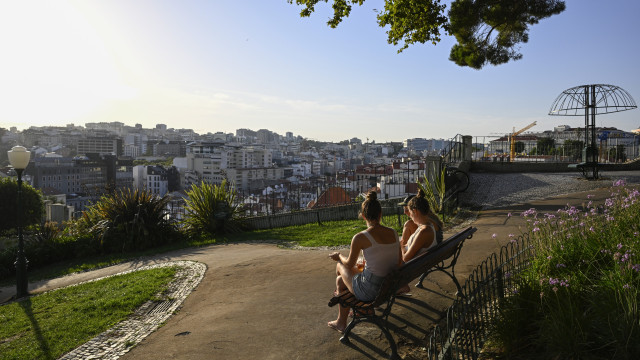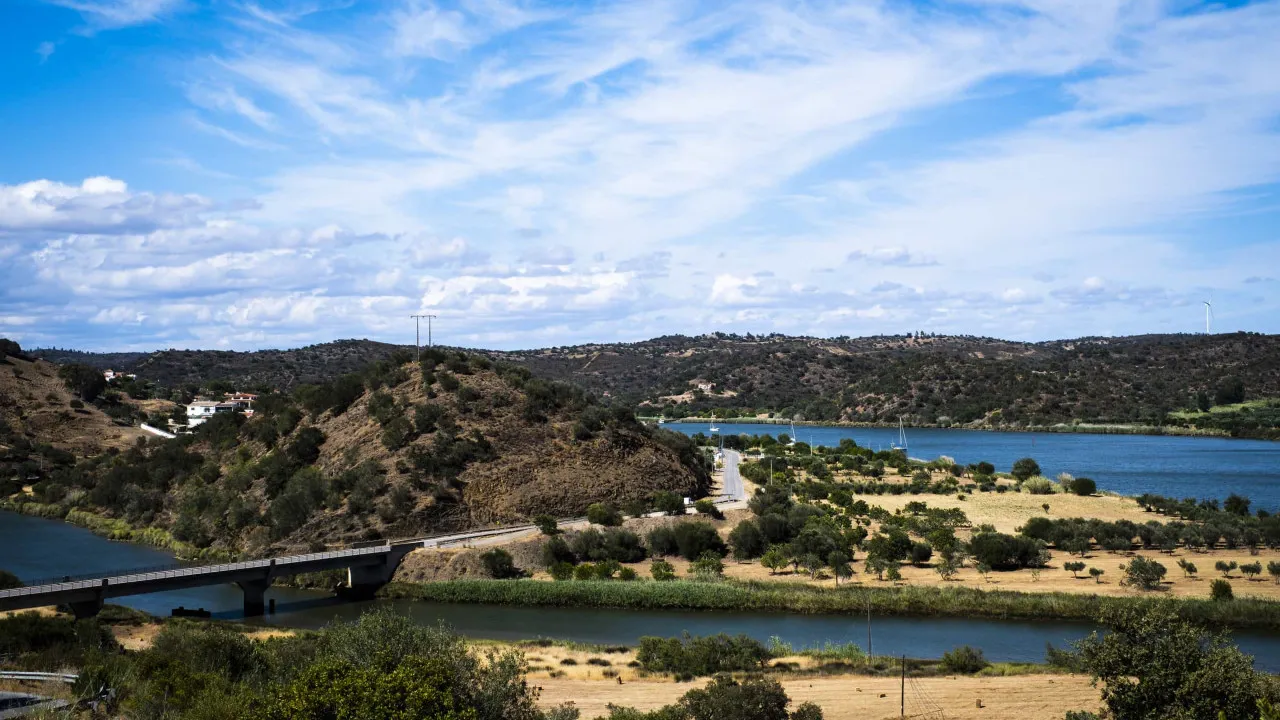The summer has officially begun, and the last week of June in mainland Portugal is set to start with showers and thunderstorms, lasting at least until Thursday, at which point temperatures are expected to rise, according to the forecast from the Portuguese Institute for Sea and Atmosphere (IPMA).
Between June 23 and June 25, showers are anticipated on the mainland, most likely in the North and Center regions. These showers may be accompanied by thunderstorms.
During these days, maximum temperatures will generally range between 23°C and 34°C, being higher in the interior and southern regions. Minimum temperatures will vary between 13°C and 18°C.
From Thursday onwards, no precipitation is expected, and temperatures are set to rise, possibly exceeding 40°C in Alentejo and the interior North and Center in the following days.
It’s noteworthy that temperatures have gradually decreased in recent days after a period of hot weather that prompted warnings due to the heat.
This Saturday also marked the beginning of summer. The longest day of the Northern Hemisphere arrived at 2:42 AM, traditionally marking the longest day in the northern hemisphere. On December 21, it will reach the southern hemisphere at 3:03 PM.

On the first day of summer, the sun rises at 6:10 AM and sets at 9:06 PM, with the day lasting 14 hours, 55 minutes, and 47 seconds. On Sunday, the day is apparently the same length but will be two seconds shorter, and by the end of the month, the day will already be five minutes shorter.
This trend will continue until the autumn equinox on September 22 at 7:19 PM, when the days will be as long as the nights, and the nighttime will begin to prevail until the winter solstice arrives at 3:02 PM on December 21, signaling the longest night.
In light of the heat, the Directorate-General of Health (DGS) advises drinking water even when not thirsty, avoiding alcoholic beverages, and trying to stay in cool or air-conditioned environments with shade and air circulation for at least two to three hours per day.
The DGS further recommends avoiding direct sun exposure, particularly between 11 AM and 5 PM, using sunscreen with a factor of 30 or higher, and reapplying it every two hours and after swimming at the beach or pool.
Furthermore, special attention should be given to groups more vulnerable to the heat, such as children, elderly people, those with chronic illnesses, pregnant women, and outdoor workers, ensuring that children drink water frequently and remain in cool and airy environments.




